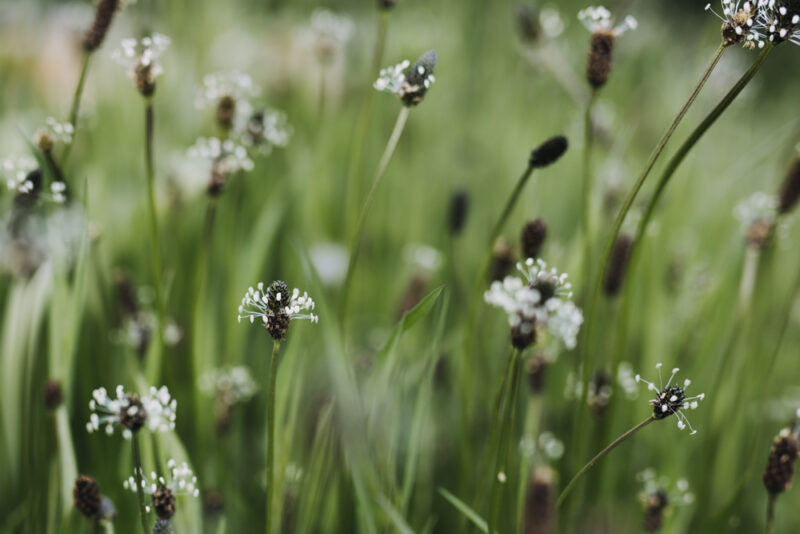A Trinity researcher, working with scientists from the University of Queensland, has found that plants which break ecology’s normal rules have a higher chance of surviving the effects of climate change – a “critical ecological insight”.
The findings, which involved collaboration between 40 scientists working in 21 countries, saw the researchers studying regular plantains in order to understand how they “spread wildly across the globe” – becoming one of the most successful plants in the world in terms of distribution.
After tagging thousands of individual plants, the scientists discovered that plantains, which have been introduced around the world, do not obey the conventional rules of ecological science, with genetic diversity allowing them to adapt to whatever environment they were growing in.
Prof Yvonne Buckey, Trinity’s professor of zoology, called the finding “critical” in a press statement. She added: “Understanding how this little plant has managed to colonise environments as different as the sub-Arctic and sub-tropics gives us important insights into how other species might respond to climate change and introduction to new environments.”
Dr Annabel Smith, a researcher of agriculture and food sciences in the University of Queensland, wrote in a press statement that the researchers “were a bit shocked to find that some of the ‘rules of ecology’ simply didn’t apply” to the plantain.
In new environments, she added, “these rule breakers were adapting better than most other plants”.
“In Europe plantains played by the rules, but by breaking them outside of Europe, it didn’t matter what kind of environment they were living in, the plantains almost always had high genetic diversity and high adaptability.”
She said the findings, published today in scientific journal Proceedings of the National Academy of Sciences of the United States of America, were significant for two reasons.
“It’s important we now know that multiple introductions will mix genetic stock and make invasive plants more successful quite quickly – an important finding given invasive species cause extinction and cost governments billions of dollars”, she said.
“And secondly, research on invasive plants can give us clues about how our native plants might adapt to climate change.”







